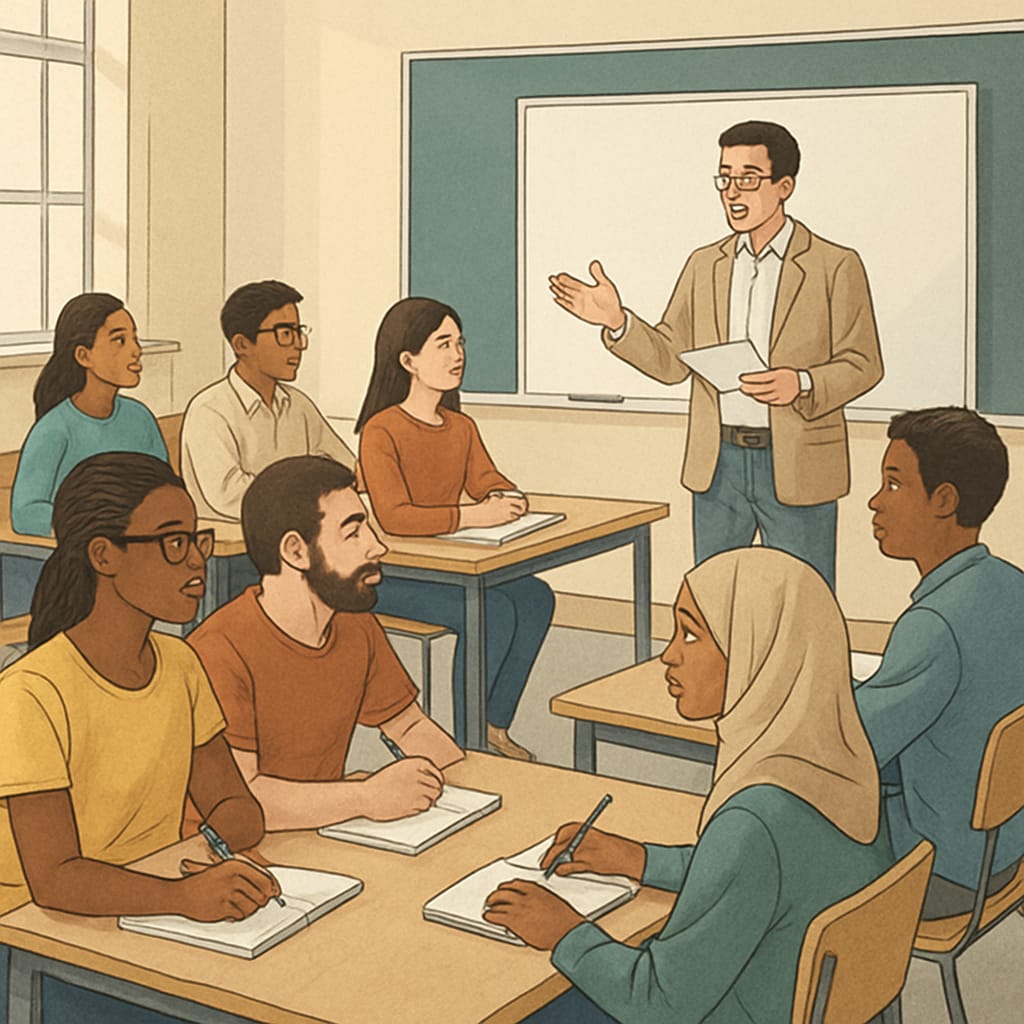When students encounter disappointing results in their A-Level exams, it often prompts a critical crossroads in their educational journey. The uncertainty surrounding “education choices after exam failure” can be overwhelming for both students and parents. Should they retake exams, opt for a lower-ranking university, or pursue foundation programs abroad? Each path has its own set of advantages and challenges. In this article, we’ll explore these options in detail to help families make informed decisions.
Retaking A-Level Exams: Is It the Right Choice?
Retaking A-Level exams is often the first option considered by students who underperform. This path provides a chance to improve scores and potentially secure admission to a better university. However, it requires significant dedication and resilience, as the pressure to succeed can intensify.
- Advantages: Retakes allow students to redeem themselves academically and aim for their target institutions. It’s a familiar process, so students already understand the exam structure and expectations.
- Challenges: This option can be costly, both in terms of time and money. Additionally, students may feel isolated if their peers move forward with their studies while they remain focused on retaking exams.
For those considering this option, it’s crucial to assess whether they have the motivation and resources to dedicate another year to studying. In some cases, consulting with academic tutors or enrolling in specialized prep courses can enhance their chances of success.

Attending a Lower-Ranking University: A Practical Alternative
For students who prefer not to retake exams, enrolling in a lower-ranking university is a viable alternative. While it may not be their first choice, this option allows them to continue their education without delay. Moreover, many lesser-known universities offer quality programs and opportunities for growth.
- Advantages: Students can begin their higher education journey sooner and may find smaller class sizes, personalized attention, and affordable tuition fees at such institutions.
- Challenges: The reputation of the university may impact job prospects or postgraduate applications. Students may also need to work harder to access networking or internship opportunities compared to their peers at more prestigious institutions.
However, success in the professional world often depends less on the university’s ranking and more on the skills and experience students gain during their studies. Therefore, this path can still be fruitful for motivated individuals.

Foundation Programs Abroad: A Gateway to International Education
Another compelling option is enrolling in foundation programs abroad. These programs are designed to prepare students for admission to top universities worldwide, especially in countries like the UK, Australia, or the US. They focus on bridging academic gaps and improving language skills, if necessary.
- Advantages: Foundation programs provide an international perspective, which can enhance personal and academic development. They often guarantee progression to partner universities, offering a clear pathway forward.
- Challenges: The financial cost of studying abroad can be substantial, and adapting to a new cultural environment may be challenging for some students.
A foundation year can be an excellent choice for students who aim to study at prestigious universities abroad but lack the required grades or qualifications. It’s important to research programs thoroughly and ensure they align with the student’s long-term goals.
According to Wikipedia’s overview on foundation courses, these programs act as stepping stones for international students, helping them meet academic requirements while easing their transition into higher education systems abroad.
Making the Final Decision: What Matters Most?
Ultimately, the choice between retaking exams, attending a lower-ranking university, or enrolling in foundation programs abroad depends on the student’s aspirations, resources, and resilience. Parents should support their children by discussing these options openly and considering their preferences and potential.
For additional guidance, platforms like Britannica’s education resources provide valuable insights into various academic pathways and their implications.
While the road ahead may seem daunting, every path offers opportunities for growth and success. By carefully evaluating these options, students can find the education choice that aligns best with their goals and circumstances.
Readability guidance: Use short paragraphs and bullet points for clarity. Include transitional words to ensure smooth flow between ideas. Avoid keyword overuse while maintaining relevance across the article.


